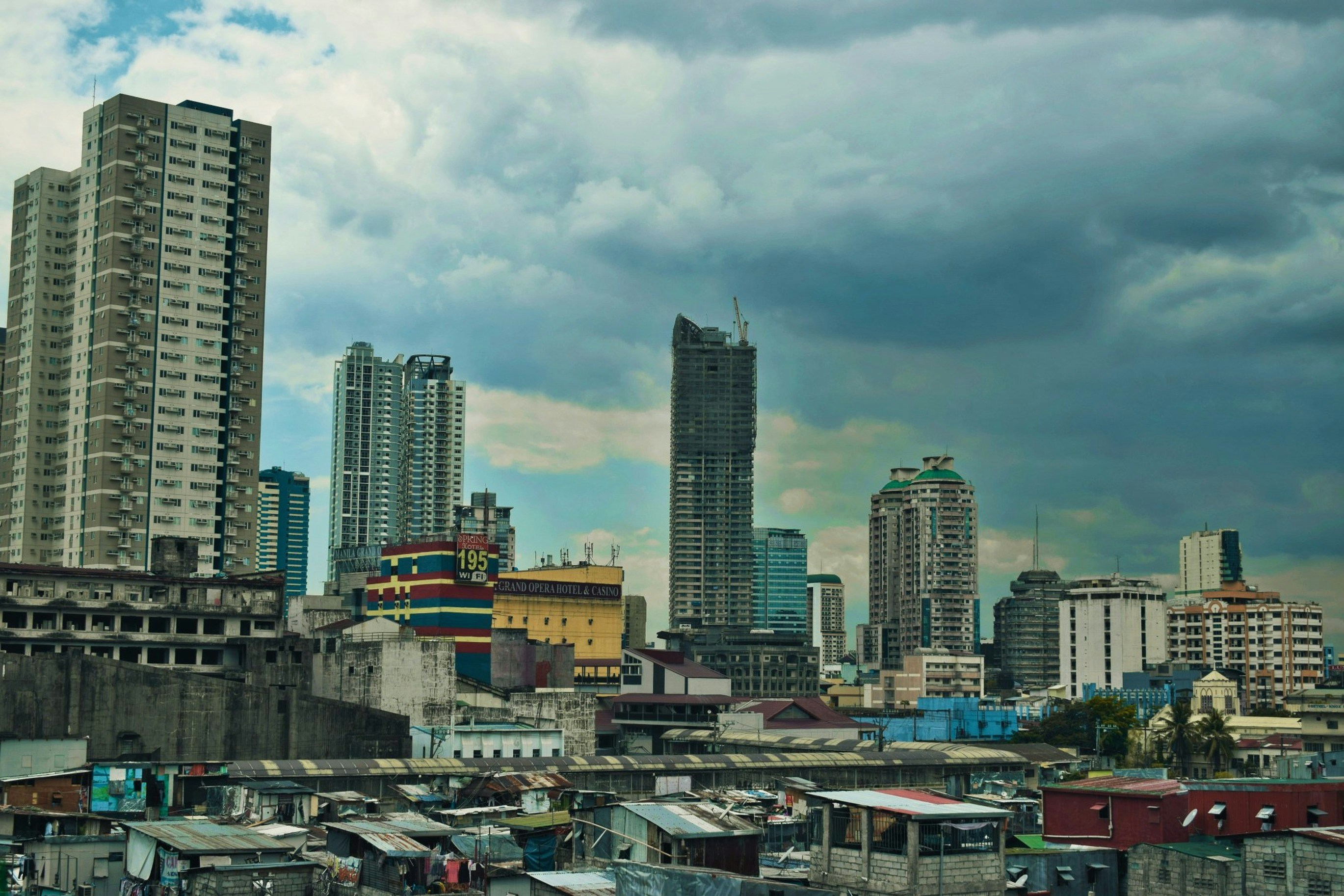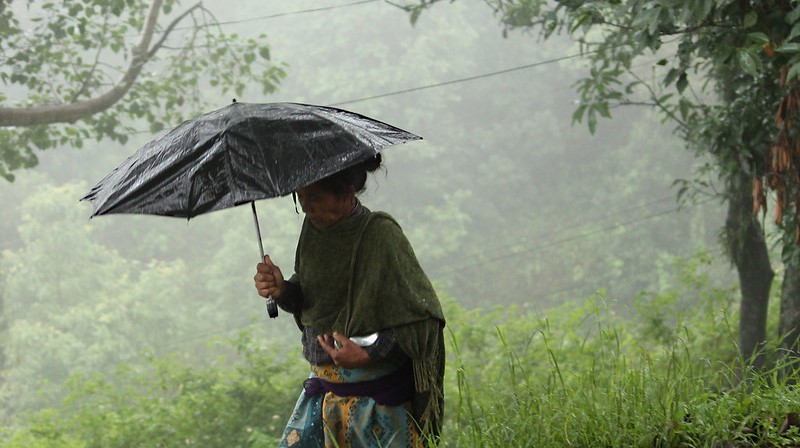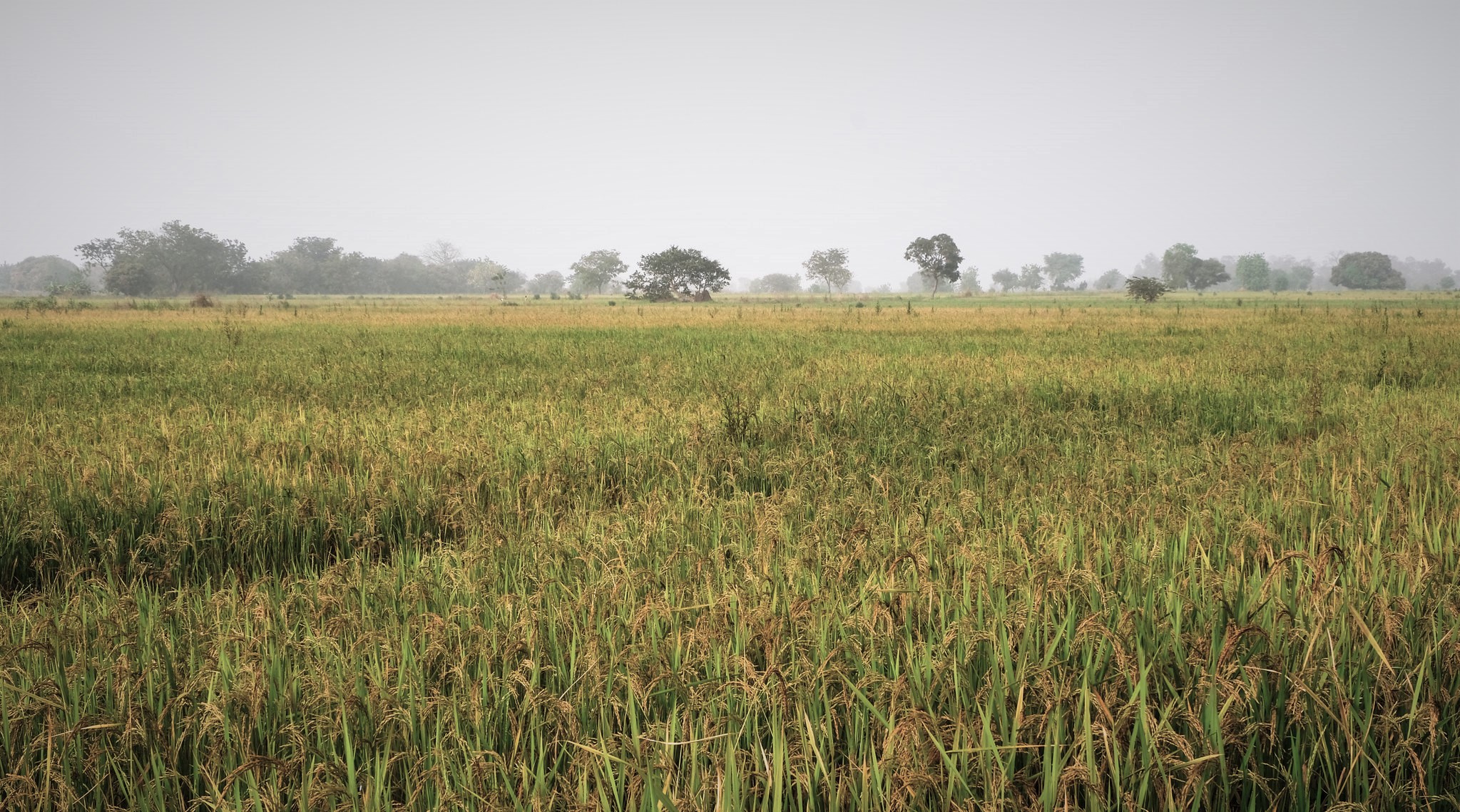The entrepreneurship/business Advice-giving industry is growing apace in South Asia, and in several sectors. In this post, David Lewis talks about a new project which looks at entrepreneurship advice in Bangladesh & Sri Lanka; and you can also listen to David talking in some more detail about the project and its purpose in a short interview by Dr Nilanjan Sarkar (LSE South Asia Centre) here.
These days, advice-giving seems to be everywhere. Enabled by the internet and social media, there are ‘new gurus’ who give personal lifestyle and wellbeing advice, or advise people on how to make money. Advice is also an important part of business development services, and help to link would-be entrepreneurs with financial capital. Providing advice can often be a way of making money for those who provide it. Advice can be about selling information and ideas, packaged for people in search of a ‘passive income’ on assets, as well as those looking to take their first steps as an entrepreneur selling some kind of product — and people get rich from it.
Social anthropologists have recently begun taking an interest in the relatively neglected topic of advice. For example, Deborah James and Insa Koch have studied ‘advice encounters’ in the context of austerity policies in the UK context. They find a pluralistic landscape of advice-giving that includes charities, trade unions, and law centres which play a key role in empowering marginalised people to access welfare services, while at the same time also enabling the continuing withdrawal of the state from welfare service provision.
In South Asia, there is increasing emphasis placed on the importance of creating effective ‘entrepreneurial ecosystems’ that can help promote goals as varied as economic growth, strengthened household livelihoods, and women’s empowerment. Alongside training, finance, and information technology, advice provision is crucial to this, yet unlike these other more visible dimensions of business service provision, it remains largely understudied.
What does the landscape of advice provision look like, who gives and gets advice (and who is excluded?), on what terms is advice provided, and to what extent is such advice valued? How far is advice gendered, and for example, are men more ready to give advice than women? Who is profiting from the provision of business advice in South Asia? To what extent is advice reflective of marketisation and financialisation processes, and what are the local and international dimensions of the drivers of these processes?
The ‘Ethnographic Solutions to Inequalities in South Asian Advice Ecosystems’ project (funded by the LSE Atlantic Fellows for Social and Economic Equity, Atlantic Equity Challenge Programme) aims to explore these and other questions through ethnographic fieldwork in Bangladesh and Sri Lanka, with our partners Centre for a Smart Future and BRAC’s Promoting Business Incubation for Small Entrepreneurs (PROMISE), a mainly youth skills development programme.
What exactly do we mean by advice?
We are referring both to formal types of advice embedded within training, business support services, and mentorship programmes or ‘shadowing’ schemes, as well as informal types of advice given by friends, family or community.
Advice comes in many forms — it may be given freely or imposed, it may be requested, and it may be exchanged or purchased. It may be given on the basis of a one-off exchange, or as part of regular or long-term interactions and relationships. It may be provided by state, private sector or non-governmental actors, or obtained informally from kin or community networks.
Advice is a complex bundle of connections, information, judgments, problem diagnoses and suggestions for ways forward.
Advice may include technical information, contacts and networking but can also involve emotional support and reassurance.
Those who might receive advice vary, from young people undergoing skills training by NGOs in rural areas, to would-be young entrepreneurs at university looking to launch their own start-up ventures. Advice can be requested or unsolicited, acted upon or ignored, or imposed as part of a wider package of training and credit. Advice may be found to be useful or, conversely, in some cases, misguided and irrelevant. (A 2018 ADB report suggested that a key problem was that women entrepreneurs are sometimes ‘over-mentored and under-sponsored’.)
This project is based on the premise that a focus on advice is useful for two sets of related reasons. First, advice is an entry point for understanding the political economy of the complex and rapidly changing entrepreneurial ecosystems that are evolving in countries such as Bangladesh and Sri Lanka. And second, by studying ‘advice encounters’ ethnographically, we aim to make advice relationships, advice giving, and advice practices more inclusive.
The views expressed in this post are those of the author and do not reflect those of the International Development LSE blog or the London School of Economics and Political Science.
An earlier version of this blog was published on 15 January 2023 on the ‘Ethnographic Solutions to Inequalities in South Asian Advice Ecosystems’ project website, and is republished with editorial changes with permission.
Featured image credit: © Kanchana Amilani, Mount Lavinia Beach, Dehiwala-Mount Lavinia, Sri Lanka, 2018, Unsplash.





